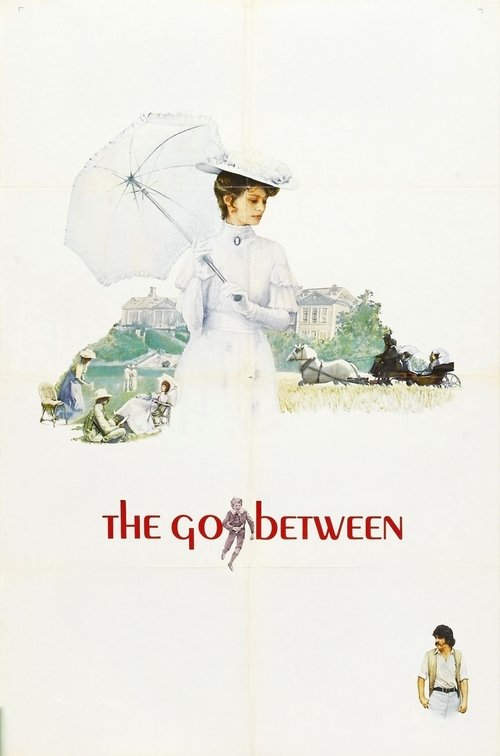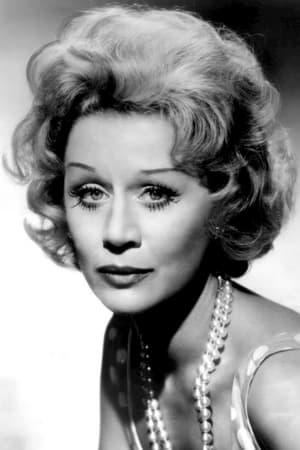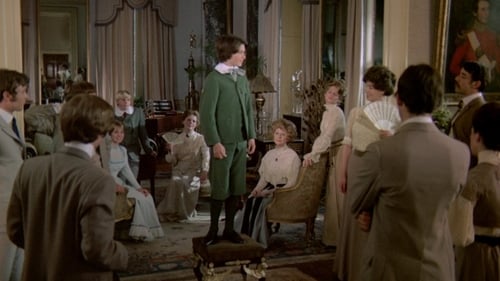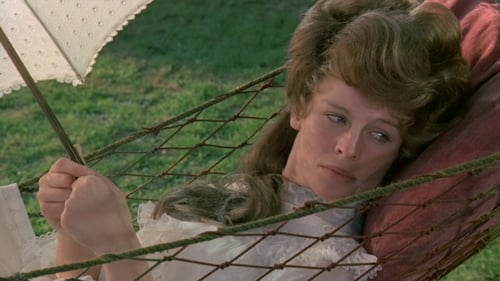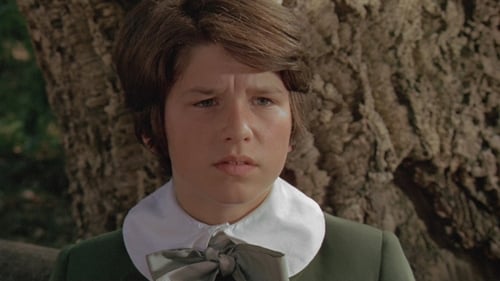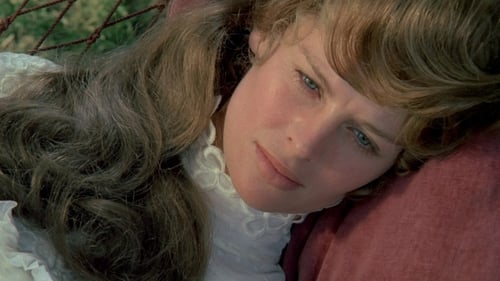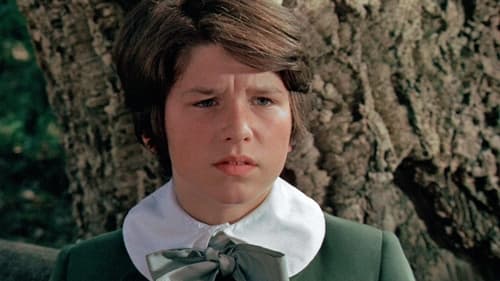
CinemaSerf
6
|
May 29, 2023
Sadly, time has not been very kind to the potency of this film. In 2020s society, the overwhelming feeling of "so what?" is hard to shake off; despite some really strong performances. Dominic Guard is "Leo", just 13 when he is invited to summer at the Norfolk country home of one of his classmates. He quickly befriends his older sister "Marian" (Julie Christie) and is soon acting - innocently, at first - as her courier passing ostensibly harmless letters between herself, her fiancée "Hugh" (Edward Fox) and a swarthy tenant farmer "Ted" (Alan Bates). Guard is great as the young man who starts to put two and two together as he slowly gets caught up in this menage-à-trois whilst trying to accommodate his own sexual awakening. His own naive inquisitiveness gives his character an engaging and frustrating quality that we might all have related to, once upon a time. Losey's pace is off, though - it can be quite a slow burn at times and, unusually, I found the score from Michel Legrand quite distractingly repetitive. The cinematography showed off the locale to perfection and the dialogue from LP Hartley via Harold Pinter succinctly demonstrates class distinction and prejudice well.
